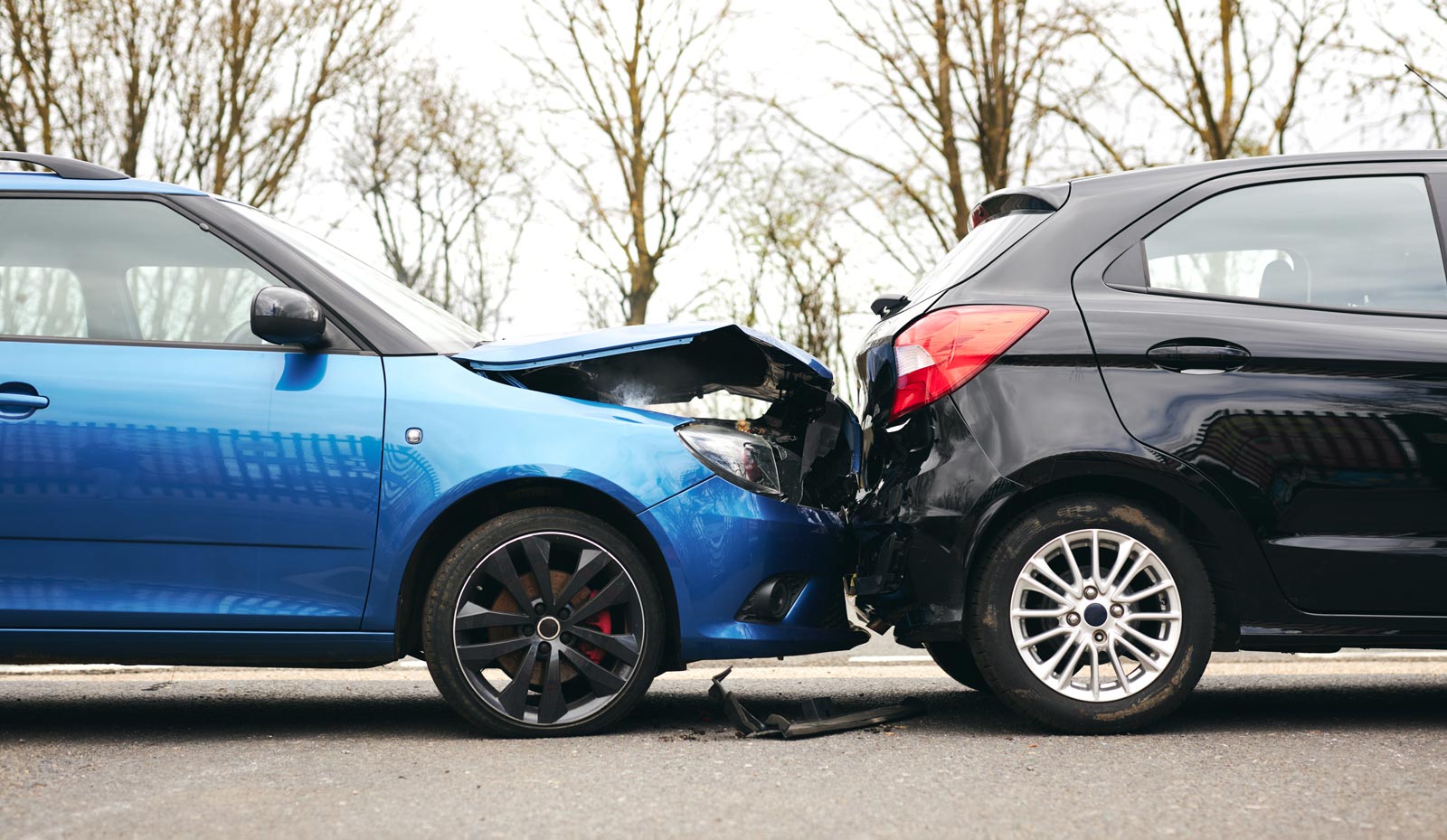After an auto accident, medical bills start to pile up quickly. Even if all you need is a quick trip to the emergency room and a couple follow-up appointments with a specialist, your medical expenses could still be enough to cause economic hardship.
You may have heard that, in Texas, the at-fault driver is supposed to pay for the medical bills of anyone injured in a crash they cause. That’s true, and payment is usually made via the driver’s auto insurance. However, a typical car accident claim can take months or years to settle, and you need money now. So how do you get paid in the short term, and how does your health insurance coverage come into play?
In this blog post, we’ll answer those questions.
Who Pays for My Medical Bills After a Car Accident?
In the short term, you will be responsible for covering the upfront cost of your own medical care. Do not send any medical bills to the at-fault driver’s auto insurance company. They won’t pay them. That’s not how they work.
Will your health insurance cover car-accident-related medical bills? The short answer to this question is almost certainly yes, although you should carefully review your health insurance policy’s coverage and any applicable exclusions.
As you receive medical care, you will continue to file health insurance claims as you would for any other reason you’d need healthcare. If you qualify for Medicaid, Medicare, or any other government health care program, these would also apply.
It is also likely that your own car insurance policy includes some coverage you can use immediately. In Texas, all auto insurance companies are required to offer at least $2,500 in personal injury protection (PIP) coverage, which can be used to pay for health care expenses (as well as lost wages) without needing to file a personal injury claim or prove the other driver was at fault. Assuming you didn’t decline PIP coverage in writing and depending on the choices you made when purchasing auto insurance coverage, you likely have either PIP coverage or Medical Payments coverage (MedPay), which also provides no-fault coverage for accident-related healthcare costs.
What If I Have Insufficient Insurance?
Any medical bills beyond the scope of what’s covered by your own insurance policies would need to be paid as out-of-pocket expenses—at least in the short term.
If you can no longer afford to pay your medical bills but still have an ongoing personal injury claim against an at-fault driver, an experienced car accident attorney may be able to help you write a letter of protection (LOP). This document is an agreement between you and a healthcare provider. If the provider agrees, they won’t bill you for healthcare services until your personal injury claim is over—but you’ll be obligated to repay them as soon as possible.
What About the At-Fault Driver’s Auto Insurance?
As noted above, Texas is an at-fault state. That means when another driver causes an accident and you get hurt, the at-fault driver (and their car insurance company) is responsible to pay medical costs for your car accident injuries (as well as other losses, such as lost wages and pain and suffering). Each driver is required to carry a minimum of $30,000 per person and $60,000 per accident in car insurance coverage to cover car accident injuries they cause.
When you demand compensation from the auto insurance company, you should factor in the total cost of the medical treatment you have received, as well as the estimated cost of future treatment. This includes not only your own out-of-pocket expenses, but also any bills that have already been paid by your health insurance provider.
Of course, your personal injury claim should cover more than just your past and future medical treatment. A personal injury attorney can help you determine what your case is really worth and obtain the medical records, bills, and expert evaluations you’ll need to support your claim.
What Happens After My Personal Injury Case Is Over?
If your health insurance covered a portion of your medical treatment for car accident-related injuries, they may be entitled to seek reimbursement from your personal injury payout.
There are a couple of methods they can use to do this. Your own health insurance contract likely includes a reimbursement clause that requires you to repay your insurance provider if you receive funds from a personal injury settlement. They could also file a subrogation claim to recover funds they’ve already paid. Either way, you will generally need to repay your health insurance provider from your settlement before you receive your share of the money.
Repayment can sometimes present issues for injury victims if the amount of compensation they receive from their car accident claim is less than the amount a health insurance provider has already paid. This can happen if the victim suffers a serious injury with expensive health care, but the at-fault driver was only carrying the minimum amount of liability insurance coverage and had few other assets to pay the damage claim. This is why we strongly encourage all drivers to purchase as much uninsured and underinsured motorist coverage (UM/UIM) as they can reasonably afford. Paying a few extra dollars per month can cover you in these types of cases.
When you work with Crosley Law, after your case is settled, our team will carefully review your health insurance plan and any bills sent to you by your health insurance company or medical providers. We’ll look at any subrogation language in the contract, check for excessive or unnecessary charges, and negotiate the best possible settlement for any outstanding bills or liens. The goal is to make sure that, at the end of the day, as much money goes back into your pocket as possible.
Need Help After a Car Accident? Call Crosley
The best time to contact an experienced car accident attorney is as soon as possible after an accident. Your lawyer will work right away on building your legal case, including investigating the accident, preserving key evidence before it disappears, and collecting all necessary medical records.
But that’s not all. At Crosley Law, we can also help you find doctors and medical specialists who can provide the medical care you need. We can help you write letters of protection, set up payment plans, and negotiate subrogation claims and liens. At every step of the process, we fight for you and work toward helping you make a full recovery.
To schedule a free consultation with our legal team, call us today at 210-LAW-3000 | 210-741-8310 or fill out our brief contact form .
The content provided here is for informational purposes only and should not be construed as legal advice on any subject.








